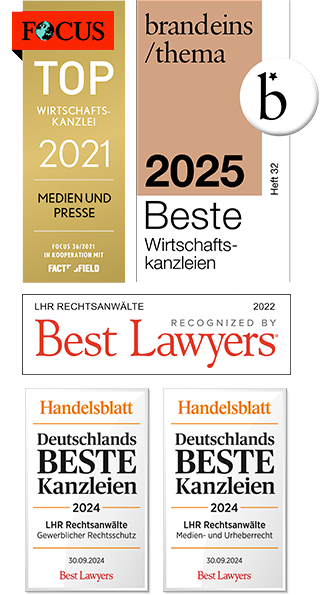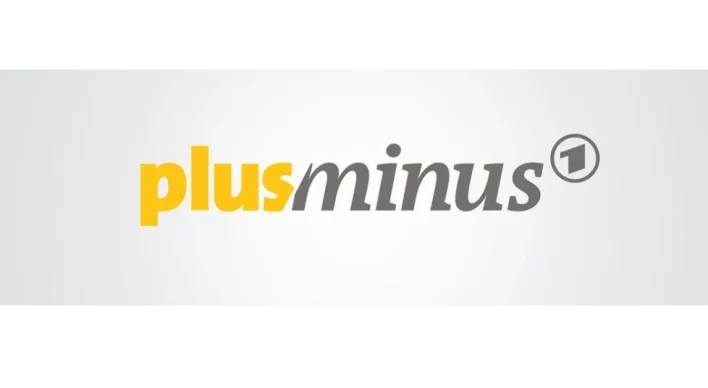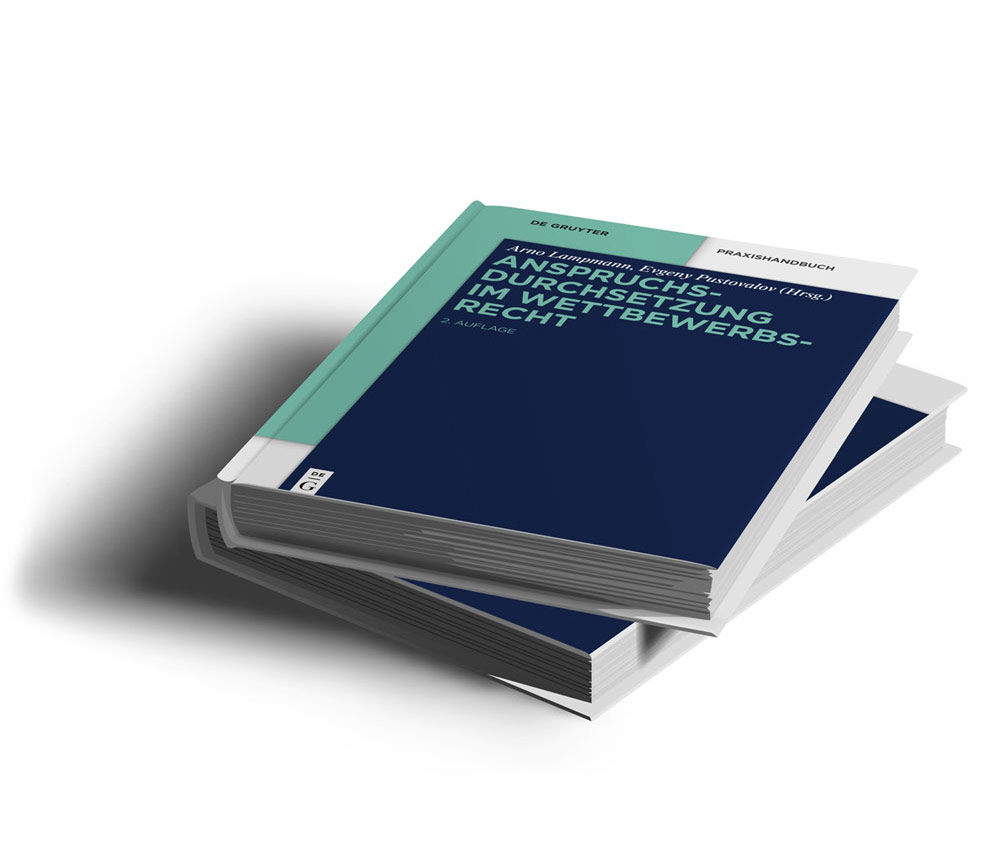LHR obtains temporary injunction against public broadcaster due to inadmissible suspicious reporting on website

At the request of Lampmann, Haberkamm & Rosenbaum Rechtsanwälte (LHR), the Regional Court of Berlin (LG Berlin, Beschluss v. 25.10.2016, Az. 27 O 523/16) issued a temporary injunction against a well-known public broadcaster for inadmissible suspicious reporting.
This prohibits the broadcaster from making publicly available on its website numerous inaccurate statements about a non-profit association that violate the principles of exceptionally permissible reporting on suspicion.
In the event of non-compliance, a fine of up to € 250,000 or up to six months’ imprisonment may be imposed.
The decision was made by way of a ruling. The broadcaster has recognized the ruling as the final regulation.
The public broadcaster had not researched carefully
The Berlin Regional Court followed the applicant’s argument that the allegations in question – if not already inaccurate – had not been properly researched and therefore violated the principles of reporting on suspicion.
According to the principles established by the Federal Court of Justice (vgl. nur Urteil v. 07.12.1999, Az. VI ZR 51/99, NJW 2000, 1036) for exceptionally admissible reporting on suspicion, the following applies
- the reported event must be of “serious” importance and justify a legitimate interest in information on the part of the general public,
- there is a minimum amount of (objective) evidence to support the accuracy of the derogatory information,
- the presentation must be balanced and must not contain any prejudice against the person concerned and
- a hearing must always be held before publication and the opinion of the person concerned must be taken into account in an appropriate manner.
The publication did not even begin to meet these requirements. In addition to the claim for injunctive relief, there are claims for damages, which the association will assert in separate proceedings.
Lawyer Arno Lampmann from the law firm LHR:
“As an extended arm of the state, a public broadcaster is particularly obliged to exercise restraint and caution. Against the background of the clear factual and legal situation, it is therefore incomprehensible that the article made it onto the website of the well-known broadcaster at all.
In our view, it is completely incomprehensible why the public broadcaster did not immediately admit its mistake, remove the article and undertake to cease and desist after receiving a letter detailing the falsity of the allegations, but instead allowed itself to be taken to court, which would be extremely financially burdensome for a non-profit association.”








